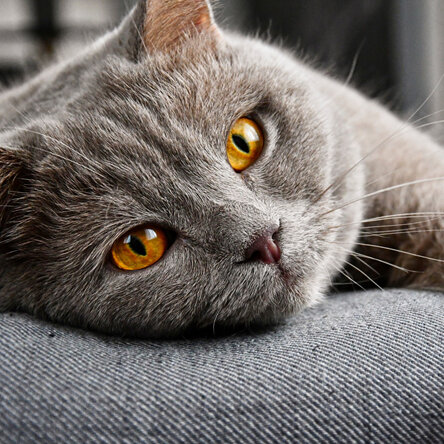Franklin Vets
Franklin Vets - excellence in veterinary care for dairy, farming, lifestyle, equine and household pets. BESTPRACTICE ACCREDITED NZ.
Your account is powered by Storbie. To edit your profile visit my.storbie.com
Your account is powered by Storbie. To edit your profile visit my.storbie.com

Purring is the most common sound cats make. Yes, cats purr when they're content but you shouldn't assume that sound means your cat is in a good mood. Or that it's the only time you'll hear it. Cats purr to communicate other emotions and needs, too.
They Are Happy
Your cat looks relaxed, if they are purring, it's safe to assume they are in their happy place. That noise is a big smile.
Some cats purr when it's mealtime. British researchers studied the sounds that house cats make when they're hungry and when food isn't on their minds. The purrs don't sound the same.
When cats purr for food, they combine their normal purr with an unpleasant cry or mew, a bit like a human baby's cry. Experts believe that we're more likely to respond to this sound.
Kittens can purr when they're only a few days old. It's probably a way to let their mothers know where they are or that they're OK. Purring also helps a kitten bond with its mother.
Even though purring takes energy, many cats purr when they get hurt or are in pain. So, what makes the effort worth it?
It might simply be a way for a cat to soothe itself, like a child sucks their thumb to feel better. But some research suggests that purring actually helps cats get better faster. The low frequency of purrs causes a series of related vibrations within their body that can:
Dr Nikki Frost BSc BVSc MANZCVS (Medicine of Cats)
Franklin Vets - excellence in veterinary care for dairy, farming, lifestyle, equine and household pets. BESTPRACTICE ACCREDITED NZ.



